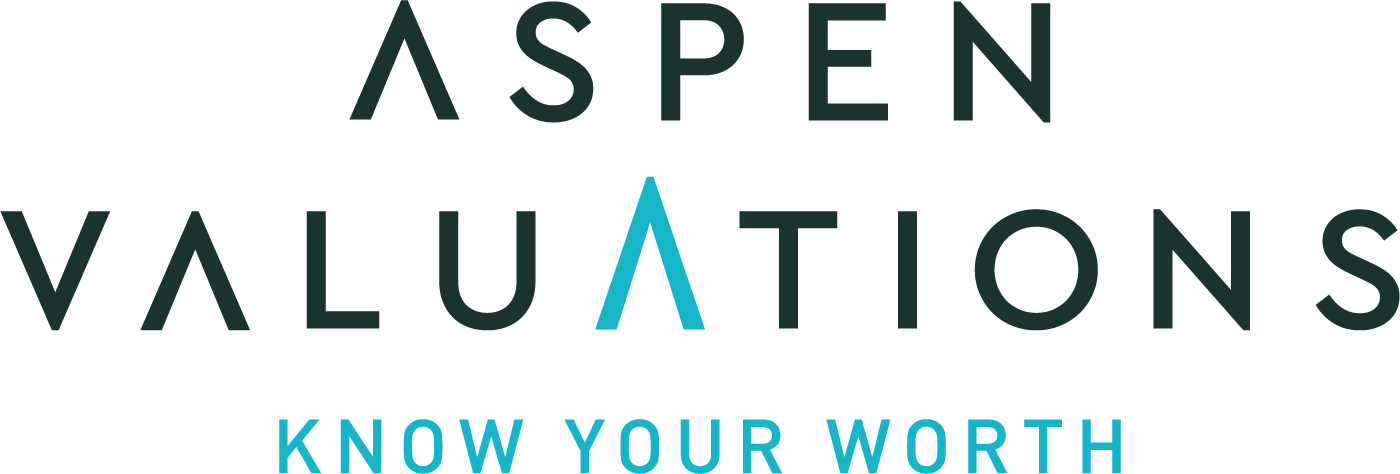Earn-outs in M&A transactions
2 min read.
What is an earn-out?
An earn-out is a contingent portion of the purchase price of an acquisition determined post-closing based on the target company’s performance against certain contractually defined criteria or benchmarks.
Typically, payments to the seller would be structured so that part of the purchase price will be paid at closing, followed by a further payment or series of payments depending on the profits made by the target company.
Why do parties utilize earn-outs?
It is an effective negotiating tool when differing perspectives on value or future prospects and profitability of the target company exist. It can be used in situations where there are limited historical operations, unproven product, new market, etc.

Advantages of an earn-out
An earn-out can have advantages for both the buyer and the seller.
From the seller’s perspective:
- Seller may be able to have the full benefit of selling a profitable business and not have to discount the purchase price as result of the buyer doubting the value of the target company.
- Seller can participate and contribute to future growth of the target business.
- Can be advantageous in difficult economic climates, uncertain events such as Covid.
From the buyer’s perspective:
- Protect against overpaying and uncertainty.
- Reduces cash required at closing and also reduces the buyer’s reliance on being granted a loan.
- The seller will be motivated to stay on in the business and maximize profitability and performance, which may also assist with client transition and retention.
Disadvantages of an earn-out
Although using an earn-out arrangement can help to move a transaction forward, there may be some risks associated including:
- Prevent seller from achieving a clean break after the transaction.
- Difficulty of administration post-transaction.
- Challenges of negotiating for all contingencies.
- Fear of post-acquisition disputes.
When deciding on an earn-out arrangement, careful consideration should be given to ensure the earn-out arrangement is well structured and minimize the risk of problem arising (i.e. clearly define the extent of control to be retained by the seller, the length and timing of the earn-out period, the definition and method for calculating ‘profit’, etc.).
Valuing earn-outs is also a complex area that requires extensive analyses. Valuation professionals need to take into consideration various important factors such as what discount rate should be used, scenarios of payments and any new risks that may not be readily apparent at the acquisition date.
Book a free consultation with us to chat more.
